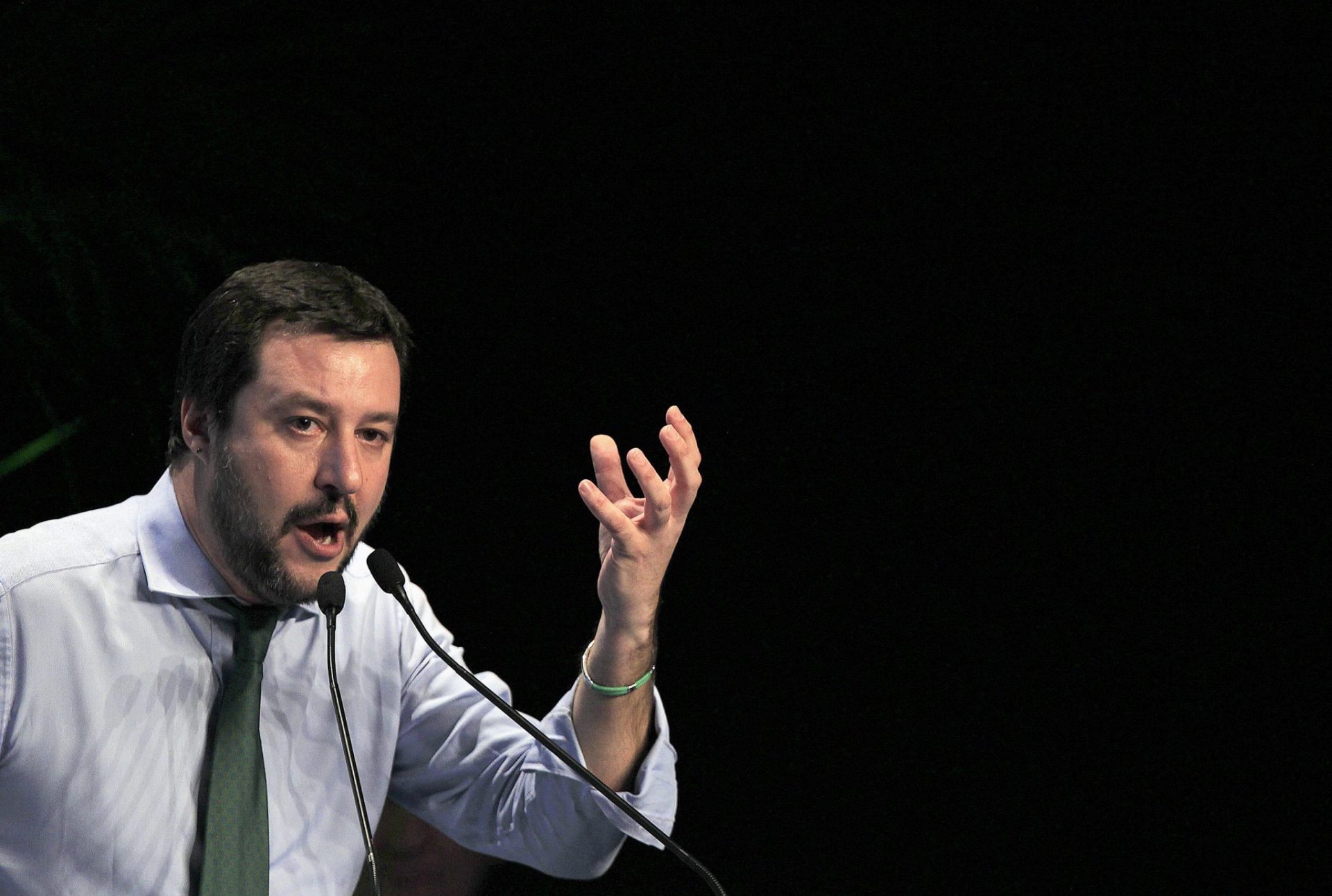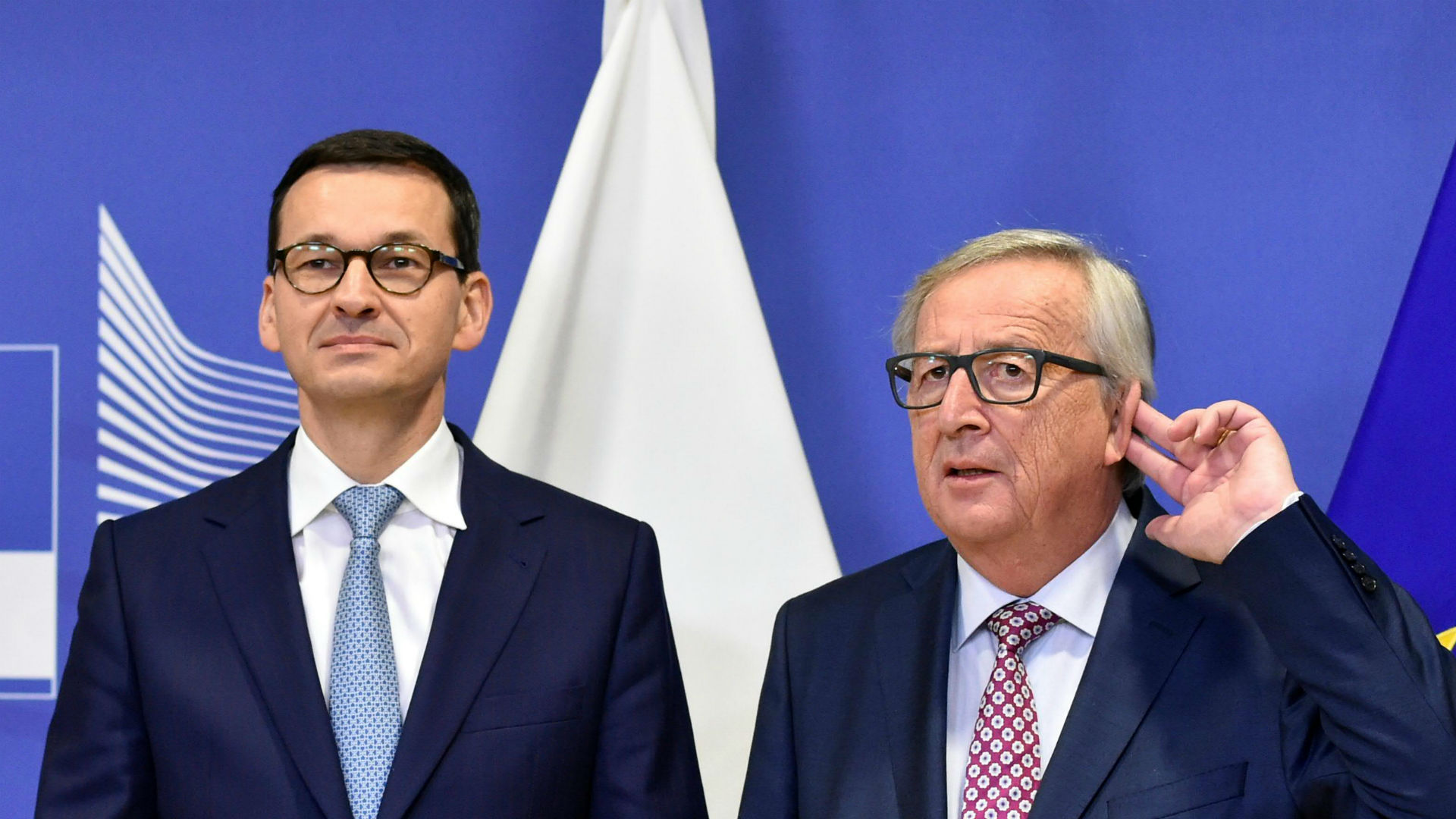
The new Italian government, result of an extenuatingly long negotiating process between the League and the Five Star Movement (M5S), has been now in office for the past two months. Even though the role of Prime Minister was conferred to Giuseppe Conte, the spotlight is being stolen by Vice Prime Minister and Minister of the Interior Matteo Salvini.
In fact, both domestically and internationally, the 45 years old Federal Secretary of the League seems to be obscuring the limelight of PM Conte, his controversial decisions on issues like migration resonating in Italian and foreign media. As an enthusiastic user of social media Mr. Salvini is taking advantage of all of the attention he is receiving thanks to his inflammatory declarations to further spread his far-right populist ideology.
For example, on July 29, Mr. Salvini tweeted an article (also shared on Facebook) stating that, even though he is being criticized by many different groups of the Italian society, his consensus is getting stronger day after day. However, it is not the content of the article to have worried many Italians, but how the far-right populist leader decided to comment on it citing the quote “tanti nemici, tanto onore” (many enemies, much honor), first pronounced by Julius Cesar but made famous and used extensively by fascist dictator Benito Mussolini.
Mr. Salvini’s political discourse is characterized by an unapologetic use of populist rhetoric and is very appealing to the part of the Italian electorate that is fed up of the traditional ruling elites. In his tweets and status updates, the Vice PM and Minister of the Interior sends kissy emoji faces and smiles to his opponents, calling them haters and sore losers.
Some people were expecting a more formal behavior now that he is in charge of an institutional role, but then again Matteo Salvini built his career on this aggressive communication strategy, made of selfies and bulldozers.
This brutal tone is used to address the most sensitive issues of politics, like the rescuing of migrants, the expulsion of Roma people and attacking the European Union. In particular, Mr. Salvini has extensively campaigned against Brussels, that he frequently uses in his speeches as the root of all evils while campaigning for the last elections.
In a recent interview with the British newspaper The Times, Matteo Salvini attacked once again the European Institutions , this time criticizing how Brexit negotiations are being conducted. Mr. Salvini advised Theresa May to be prepared to end talks without a deal, since, in his opinion, there is no interest from the Commission to draw up an agreement in good faith.
The Vice PM believes that the intention of the EU is to punish the UK for its choice to leave Union, to make an example out of the country to in order to discourage Member States that might be thinking to adopt a similar decision.
After all, Mr. Salvini himself flirted with the idea of giving to Italian a referendum to choose whether to leave or stay in the Union, but for now the idea seems to be put on hold, and the far-right populist leader seems to be more focused on trying to change EU institutions more to his liking.
And he may just have the right opportunity to do so: the upcoming European elections to be held in May 2019. At the beginning of July, Mr. Salvini declared that the upcoming elections will be the final battle between the Europe of elites and the Europe of ‘people and labor’. And he plans to win this fight by creating an alliance with other far-right populist parties like the Front National and Alternative für Deutschland.
The danger Matteo Salvini is posing to the Union is real and it should not be underestimated, in the last polls his party the League is still maintaining its clout, and it might as well gain more followers, giving that the hard stances taken on immigration, mainly the closing of ports to NGO ships, seem to be liked by a big share of the Italian population.
The tone used by far-right populist parties is already increasing the tension in many European societies, and this is particularly true in the Italian case. Since the beginning of the campaign for the last elections, Mr. Salvini has been depicting migrants as thieves and rapists, as a danger to the security of Italian families.
This type of propaganda of fear has gave way to racist extremists, that started to physically attack immigrants, Roma people and Italians of foreign (mostly African) origins, and as a result assaults doubled in the last two months.
Far-right populism as encouraged by Matteo Salvini is normalizing racist ideas and discourses by taking advantage of the climate of fear that the deputy PM himself has been creating for the past years. The League is capitalizing on the dread of immigration to gain votes and power, and it is looking to apply the same model to the European Parliament in alliance with other ideologically similar parties.
For this reason the European elections of May 2019 will be crucial in determining which path the Union will follow in the next years. A victory of Salvini and his allies will bring change, maybe even transform the core values that are now considered the base of the European construction. What is sure is that the triumph of far-right populist ideas will only feed the slithering climate of fear, creating a gateway for racist ideas to be revived in European societies once again.



